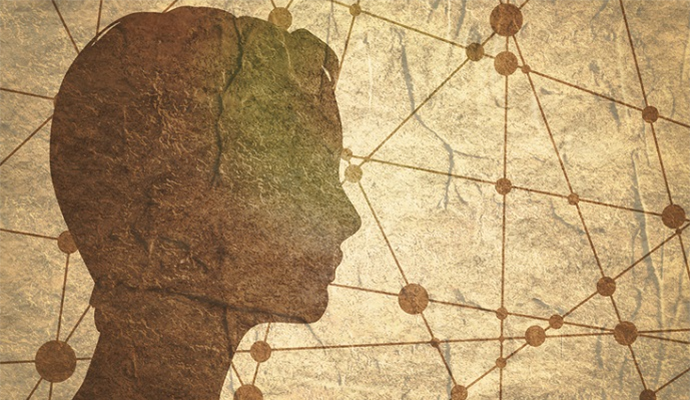Google Unveils Artificial Intelligence Tool for Dermatology
Google’s artificial intelligence-powered dermatology tool will help users identify skin conditions using their phone’s camera.

Source: Getty Images
- Google has announced a dermatology tool powered by artificial intelligence that will help users understand issues with their skin, hair, and nails.
The tool uses many of the same techniques that detect diabetic eye disease or lung cancer in CT scans to help consumers identify dermatologic issues using their phone’s camera.
“Each year we see almost ten billion Google Searches related to skin, nail and hair issues. Two billion people worldwide suffer from dermatologic issues, but there’s a global shortage of specialists,” Peggy Bui, MD, product manager at Google Health, and Yuan Liu, PhD, technical lead at Google Health, wrote in a blog post.
“While many people’s first step involves going to a Google Search bar, it can be difficult to describe what you’re seeing on your skin through words alone. Our AI-powered dermatology assist tool is a web-based application that we hope to launch as a pilot later this year, to make it easier to figure out what might be going on with your skin.”
Google debuted the web-based application at its annual I/O developer conference on May 18.
Once users launch the tool, they can use their phone’s camera to take three pictures of their hair, skin, or nail concern from different angles. The app then asks questions about the user’s skin type, how long they’ve had the issue, and other symptoms that will help the tool determine the possible cause.
The AI algorithm analyzes this information and draws from its knowledge of 288 conditions to give users a list of possible conditions that they can then research further.
For each matching condition, the tool will show dermatologist-reviewed information and answers to commonly asked questions, along with similar matching images from the web,” Bui and Liu said.
“The tool is not intended to provide a diagnosis nor be a substitute for medical advice as many conditions require clinician review, in-person examination, or additional testing like a biopsy. Rather we hope it gives you access to authoritative information so you can make a more informed decision about your next step.”
The tool is the product of over three years of machine learning research and product development. A 2020 study published in Nature Medicine showed how the tech giant’s deep learning approach achieved a level of accuracy similar to that of board-certified dermatologists.
Additionally, recent research from Google demonstrated how non-specialist doctors can use AI-based tools to improve their ability to interpret skin conditions.
“Clinicians with AI assistance were significantly more likely to arrive at the same diagnosis as dermatologists, compared to clinicians reviewing cases without AI assistance,” Bui and Ayush Jain, software engineer at Google Health, wrote in a past blog post accompanying the research.
“The chances of identifying the correct top condition improved by more than 20 percent on a relative basis, though the degree of improvement varied by the individual.”
The new dermatology tool also accounts for factors like age, sex, race, and skin type to ensure it works for all patient populations. Google researchers developed and refined the model with de-identified data encompassing about 65,000 images and case data of diagnosed skin conditions, millions of curated skin concern images, and thousands of examples of healthy skin, all across different demographics.
“Recently, the AI model that powers our tool successfully passed clinical validation, and the tool has been CE marked as a Class I medical device in the EU,” Bui and Liu concluded.
“In the coming months, we plan to build on this work so more people can use this tool to answer questions about common skin issues.”
